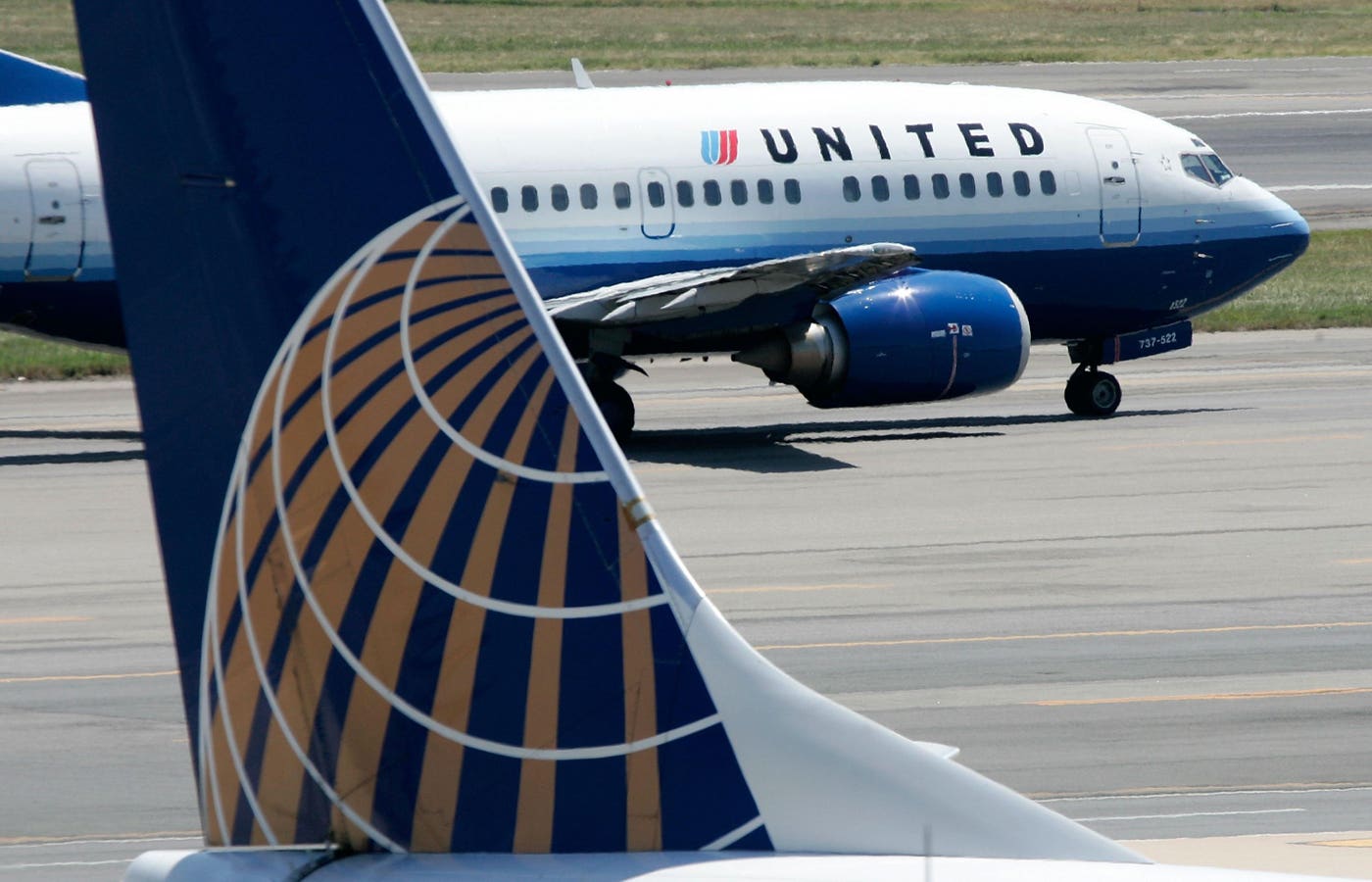A pair of United Airlines flight attendants filed a lawsuit claiming they were passed over for the coveted assignment of working on charter flights for the Los Angeles Dodgers because the players prefer a “certain look” of “white, young, thin women who are predominately blond and blue-eyed.”
Flight attendants Dawn Todd and Darby Quezada filed the lawsuit last week in Los Angeles. Todd is a 50-year-old Black woman who has spent more than 17 years with United. Forty-four-year-old Quezada is of Black, Mexican, and Jewish descent and has spent almost 16 years with the airline.
Although the pair were assigned to the Dodgers’ charter flights, the complaint states they were demoted within the program and started receiving fewer flight assignments. In August, Quezada was removed from the program “without any justification.”
According to the complaint, United added several young, white, thin women to the dedicated Dodgers crew. These new crewmembers did not have to interview for the position as Quezada and Todd did. “When Todd and Quezada asked United why certain flight attendants were added to the ‘dedicated crew’ without having to interview as they did, Todd and Quezada were told that these white flight attendants fit a ‘certain look’ that the Dodgers players liked,” the lawsuit states. The two women are suing for age and race discrimination.
The Dodgers charter flights are particularly desirable because the crew members earn more money for the longer flights, premium accommodations and higher per diem compensation. They can also obtain valuable sporting event tickets, field passes and rare sports merchandise. According to the suit, “Flight attendants can receive double or even triple their standard compensation by staffing the Dodgers Inflight Charter Program.”
This isn’t the first time United Airlines has been accused of preferential treatment on team charters. In 2020, a lawsuit claimed that the airline discriminated against Black and Jewish flight attendants for their various athletic teams charter services, staffing them with only those who “fit a specific visual image” like “young, white, female and predominantly blonde/blue-eyed” employees.
United Airlines responded to a request for comment about the current case via email, stating, “United fosters an environment of inclusion and does not tolerate discrimination of any kind. We believe this lawsuit is without merit and intend to defend ourselves vigorously.” The Dodgers are not named as defendants in the lawsuit and did not respond to a request for comment.
Sam S. Yebri, attorney for both plaintiffs, stated in a press release, “Major American corporations like United Airlines must understand that it is illegal to make staffing decisions based on an employee’s race and looks, even if it is meant to please major clients like the Los Angeles Dodgers.”
It is unknown if the Dodgers requested a specific type of female flight attendant, but in the past, flight attendants were hired to attract clients. In the early days of aviation, flight attendants were almost exclusively male. But, by the 1930s and 1940s, women took on the role and flight attendants became more objectified. Their uniforms were sexualized, and hiring policies ensured that they were young, single, and childless.
According to the New York Times, flight attendants, formerly known as stewardesses, faced mandatory retirement by 32. If they married or became pregnant, they were let go. For example, a 1966 New York Times classified ad for stewardesses at Eastern Airlines sought: “A high school graduate, single (widows and divorcees with no children considered), 20 years of age (girls 19 1/2 may apply for future consideration). 5’2” but no more than 5’9,” weight 105 to 135 in proportion to height and have at least 20/40 vision without glasses.”
However, the requirements faced legal challenges over the years, and the weight restriction was the last to go in the mid-1990s. Nonetheless, the individuals in this profession continue to be sexualized. More than two-thirds of flight attendants in the U.S. say they have experienced sexual harassment during their flying careers, according to a 2018 survey by the Association of Flight Attendants. Last year, Elon Musk reportedly paid a flight attendant for SpaceX’s corporate jet fleet $250,000 after she claimed that he had propositioned her for sex during a massage on a flight.
More information on the current lawsuit against United Airlines can be found at the Los Angeles Superior Court, case number 23STCV26112.
Read the full article here





